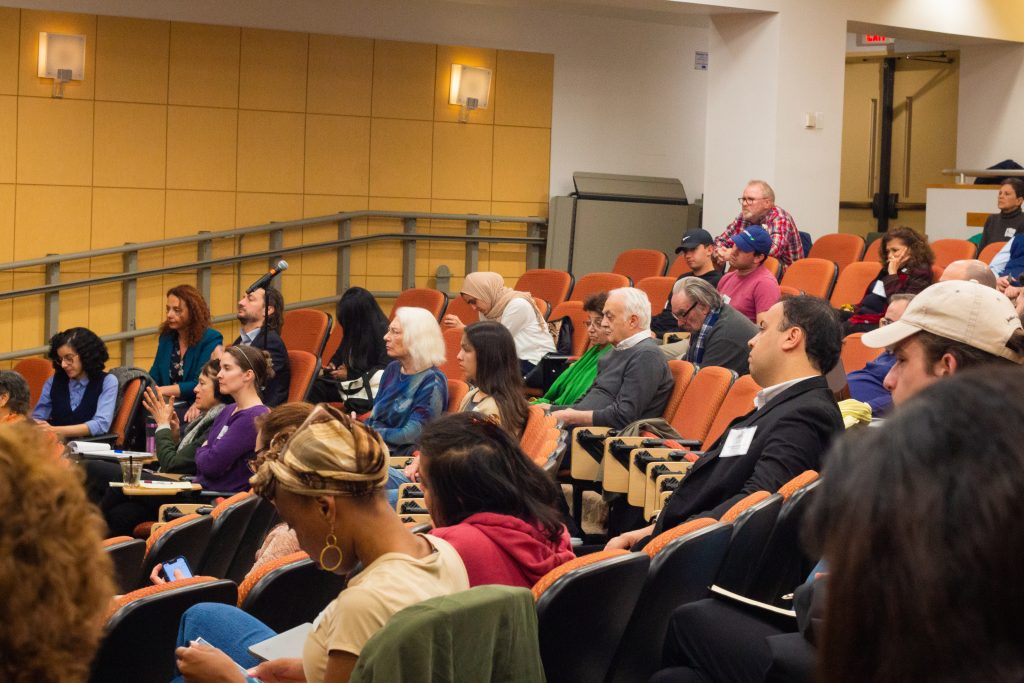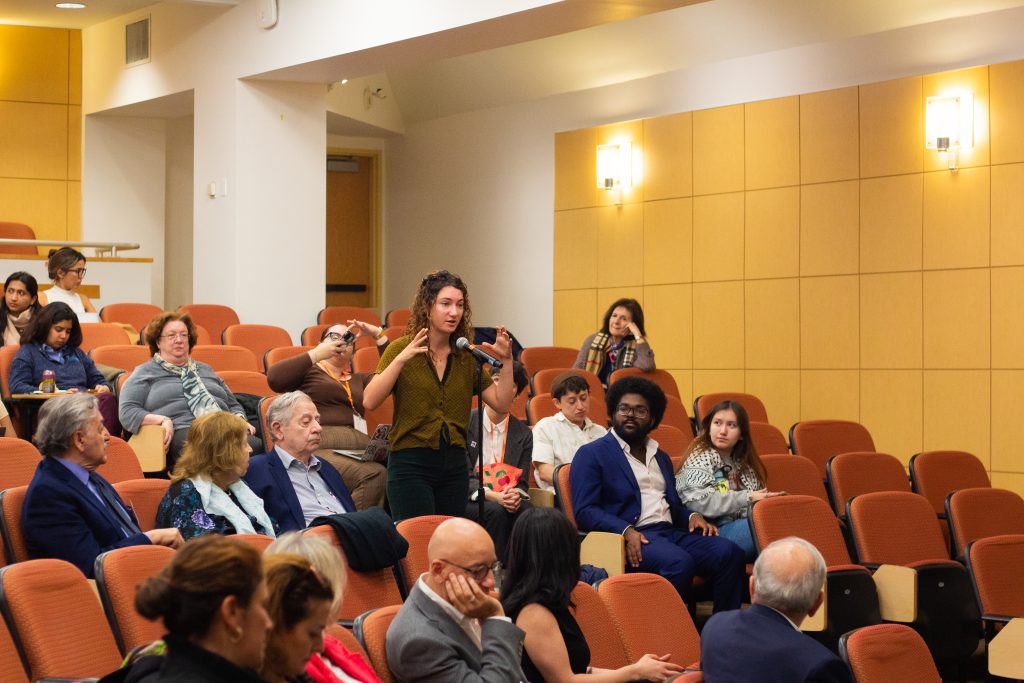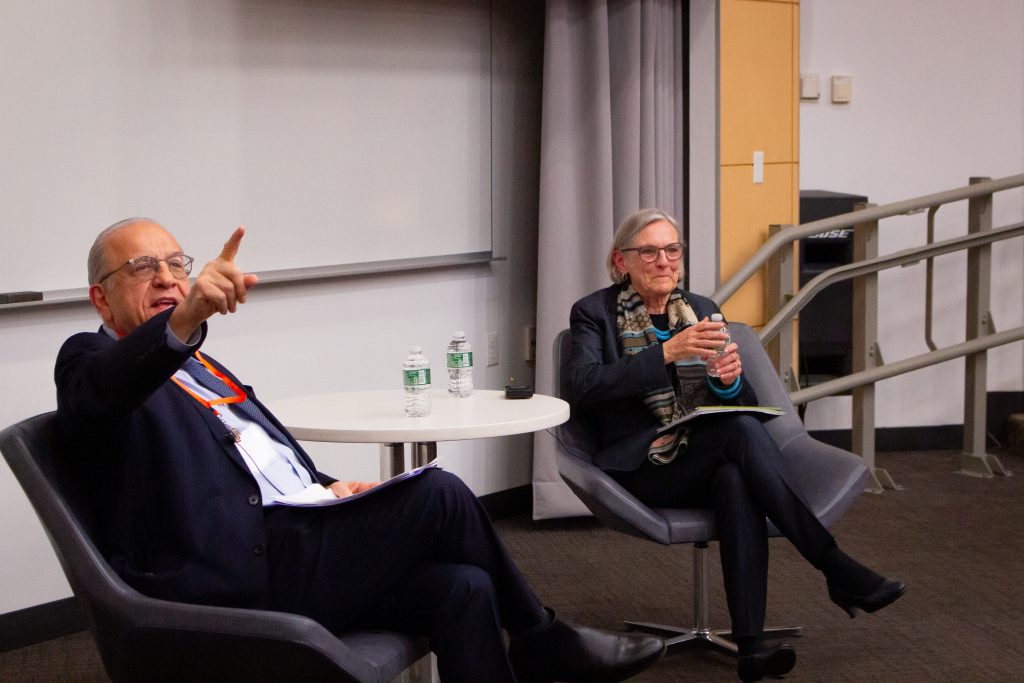
Fares Center International Conference Keynote Speaker Lisa Anderson on “The Middle East and the United States: Entangled Systems”
Lisa Anderson delivered the keynote address for the Fares Center International Conference. She explained that her title, “Entangled Systems,” was intentionally “designed to conjure two quite different associations: for scholars of U.S. foreign policy, it should bring to mind the American founders’ wariness of ‘entangling alliances’ … for students of modern physics, a reference to entanglement will evoke Albert Einstein’s worries.” Anderson borrowed the language of quantum mechanics to examine two notions: uncertainty and entanglement.
Merging her vocabularies, Anderson suggested a new term: “quantum political science, where uncertainty is not a transient condition, but a principle.” With examples like the 2008 financial crisis and the Brexit vote of 2016, Anderson highlighted the overall inaccuracy of social scientists’ and policymakers’ predictions on various issues and a resulting “loss of nerve” among the same professionals. Within Middle East studies and Middle East study of US-Middle East relations, the examples she cited were the September 11 attacks on the United States, the global response to the 2011 uprisings, and the October 7th attack on Israel.

Debunking the assertion that these types of events are rare, Anderson stated, “There is no reason to assume that politics is ordinarily characterized by decades of routine punctuated by unpredictable disruptions.” Instead, the founding of the United Nations was “an effort to freeze the organization of political authority in an ostensibly stable, predictable distribution of political power in what is sometimes still – although more and more, facetiously – called a rules-based order of sovereign states.” This effort seemingly erased from memory the not-too-distant past that was dominated by different types of actors, many of them non-state actors such as empires or tribes. Therefore, Anderson argued that the world is actually “re-entering an era of permanent, or at least unexceptional, revolutionary situations of multiple sovereignties across the world.” She encouraged the audience to embrace uncertainty by focusing on the study of practices “that very often splash across borders and shape the relationship between rulers and regimes, populaces and citizens and states and so forth.”
In a natural progression, Anderson then examined entanglement. From a quantum physics perspective, entanglement arises from the connection between particles, a connection that is not visible to the human eye but exists regardless. In American history, both George Washington and Thomas Jefferson insisted that the U.S. avoid “entangling alliances.” Naming the United Nations as the first official system of international commitments and alliances, Anderson quoted Madeleine Albright’s nomenclature for the U.S. as “the indispensable nation” of an aspirational international system and its sudden willingness to join entangling alliances.
The talk was followed by a fireside chat with Professor Nadim Rouhana and questions from the audience. This portion of the event grappled with issues of conventional thinking in international affairs, where professors in schools like Fletcher or SIPA should put their emphasis, the legacy of empires, and the utility of business logic for international political analysis.


